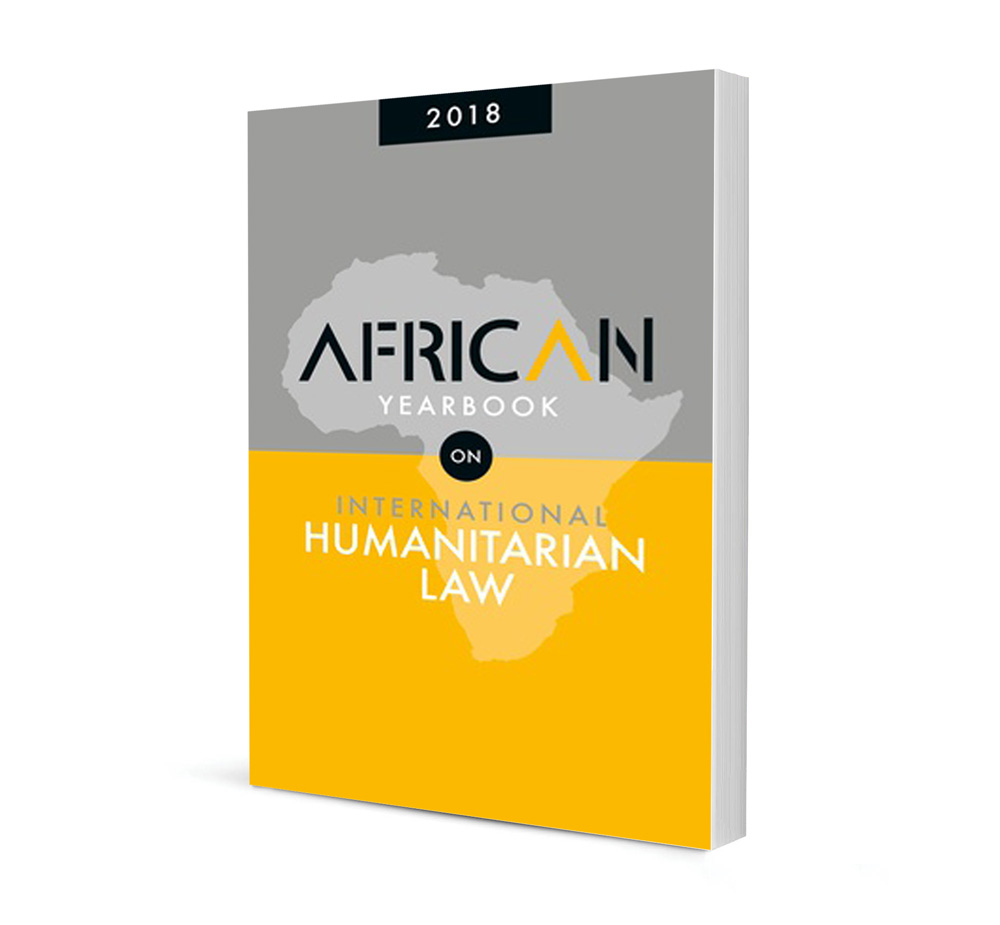Draft Crimes Against Humanity Convention: Domestic Guidance for International Criminal Justice: Lessons from South Africa

Draft Crimes Against Humanity Convention: Domestic Guidance for International Criminal Justice: Lessons from South Africa
Authors Max du Plessis
ISSN: 2521-2621
Affiliations: Senior Counsel KwaZulu-Natal Bar (Ubunye Chambers), and Associate Tenant, Thulamela Chambers, Johannesburg and Doughty Street Chambers, London. Honorary Research Fellow, University of KwaZulu-Natal, Associate Fellow, Chatham House London, and Adjunct Research Fellow, Law Futures Centre Griffith University
Source: African Yearbook on International Humanitarian Law, 2018, p. 8 – 24
Abstract
The proposed Crimes Against Humanity Convention (CAHC) is an important development, particularly at a time when the International Criminal Court (ICC) is under increasing pressure. Important questions have been raised, including whether such a convention is truly needed, whether it is politically feasible, and whether some of the draft provisions should be modified. In this article, the author considers the questions raised, and proposes answers from an African and realist perspective, having litigated some of the international criminal justice cases before South African courts. The author contends that international criminal justice, particularly at a time when the ICC is beset by troubles, may best be achieved through domestic efforts at accountability. The drafters of the CAHC should thus take meaningful account of the domestication of international criminal justice, and the lessons to be learnt from national systems that have found themselves at the forefront of the very debates that have animated the drafters of the CAHC, and the Rome Statute before it. If those lessons are to be taken seriously — including the lessons generated by African states and their courts — then the draft CAHC might be improved and some of its provisions sharpened.